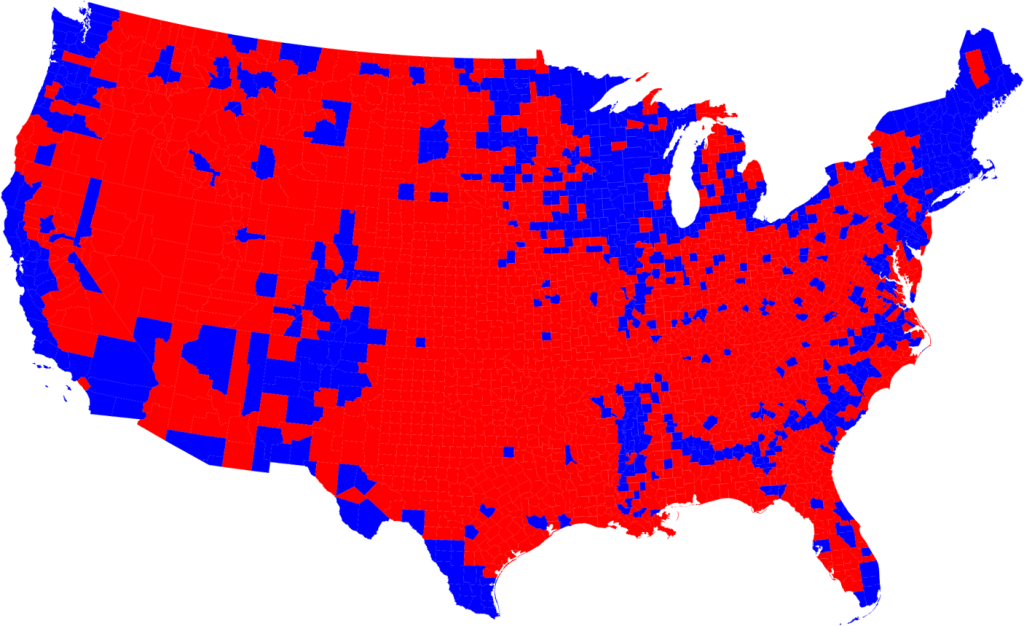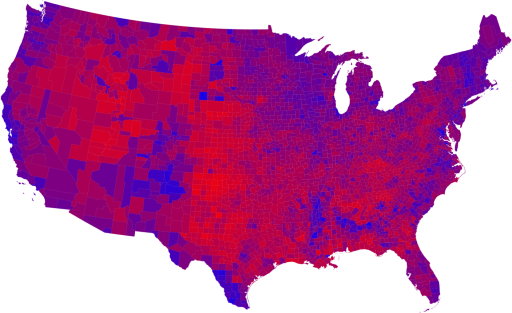Emily: I feel like since we were kids there has been a shift, largely due to the concept of political correctness (which, btw, I do not buy as a liberal concept - free speech is the liberal concept), that has made it so that we rarely - as a culture - talk about race or gender in "mixed" or "polite" company. When people do talk about it, it tends to be in code or euphemisms. I guess in theory that leads to fewer times that we blatantly offend each other, but it means we lose a big opportunity to understand one another by speaking honestly and forthrightly about these issues. And I think it fosters the kind of vitriol we see coming out of pressure-geysers like Rush Limbaugh. So when questions come up that divide us, we are more likely to just sit and stay divided than to try to reach a common ground. I was listening to the Political Gabfest yesterday, and David Plotz was positing theories about why Washington is so crappy right now. One of them was on point to this topic - he said maybe we have so self-selected that we don't live near/interact with people who believe differently than we do on any large issue, and therefore we have become more polarized because we don't have to talk to people who disagree with us.
Do you think there is any value in political correctness to our very diverse culture? Do you think we have self-selected away from useful political discourse?
Mandi: I think the whole wringing of hands over political correctness is overwrought. It used to be called "good manners", but now, I guess the term is old-fashioned? So "politically correct" it is. I think people have the right to eschew political correctness, but people don't want the consequences from doing that. Whenever people were rude in the past, especially egregiously so, the community shunned them. Nowadays, people want the right to insult others, but somehow not be shunned for it. I believe that government should not interfere with free speech. Thy should not throw people in jail, or otherwise censure them for rudeness or free thinking. However, individuals and communities have a right to define for themselves what is acceptable discourse, and avoid those who cannot engage within those guidelines.
I don't know if I agree that we have become more isolated from each other. When was this magical golden era when people had to interact extensively with other people who disagreed with them, or had a different worldview? For the most part our communities have always been demarcated along race, class, ethnic, and political lines. Humans don't like being outnumbered somewhere where the majority of other people disagree, and are somewhat alien to them. When there were only three networks, one can make an argument that there more defining "shared" moments that all the disparate communities had together, but even that I think is colored in by nostalgia.
Emily: I can see your point about manners and political correctness, and I do think there is a place for social "correction" - if you will - for rudeness. That said, my concern is that in the interest of being polite perhaps we lose something, some level of candor that may allow ignorant or assumption-rather-than-fact-based ideas being actively challenged, rather than being allowed to fester. And I mean, for my part, if somebody thinks something racist or sexist I'd rather know than not know. The better to either have a conversation if it seems like there's some movement that could be made on that mindset or to avoid that person if they are intractably wrong.
And yes, I do think there's a level of skepticism that should always be brought to bear on nostalgia, and that racism and sexism were obviously there when we were kids, but come on. Many, many significant things have changed in the time since we were kids:
- The entire concept of "White Flight" happened (white people fleeing cities and inner suburbs to isolate themselves from poverty, crime, and arguably anybody who isn't white). I guess actually it started before we were born, but it was noticeable in Baltimore during my childhood. I mean, that movement out of Baltimore took whole swaths of territory from farmland to primarily-white suburbs between when I was in elementary school and when I graduated from college. Baltimore and DC used to be two fairly distinct cities. Now the Census counts us as one metropolitan area. And the people who moved out of the City either started or ended up being more conservative than the people who stayed closer-in. Two notes about that article I linked: 1) it makes the case that White Flight is ending, that now white people are moving back into cities and African Americans are moving out, which is interesting; and 2) it contains the term "out-migration," which is a major pet peeve of mine. "Emigration," people. "Out-migration" as a term is as stupid as "reverse racism." There is only racism. In whichever direction. Okay, mini-rant done.
- The solidification of red state versus blue state mentality - though I would argue that in reality what we have is a dichotomy between urban and inner-suburban areas versus rural and outer-suburban areas - and the voting maps bear that out:
The 2008 vote by county results
By county, including shades of purple based on the percentages, not just the winner
... and wanna see something funky?
The cartogram based on population of the counties in the above purple county map
Here's 1980 on the county-scale, FWIW:
- And we've seen the news-as-position-piece model in a far more flagrant, effective way than in the past, because of the ubiquity of cable news and that difference between three networks that were fairly generic and many networks that are closely-tailored. Now maybe internet news acts as some kind of balance to that, or maybe because internet news is self-selected and tailored itself it merely continues the trend of no solid factual news that is generally agreed-upon.
I know it's probably too broad a topic, but I do suspect that there are some changes in terms of self-selection that have had an impact on the way we speak to each other about politics, and the level of partisanship and the us-vs-them attitude we employ.




No comments:
Post a Comment